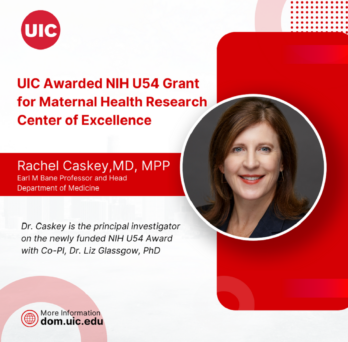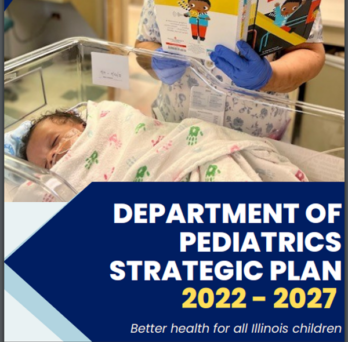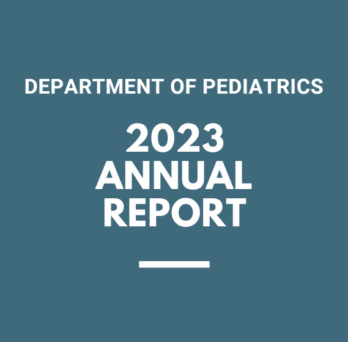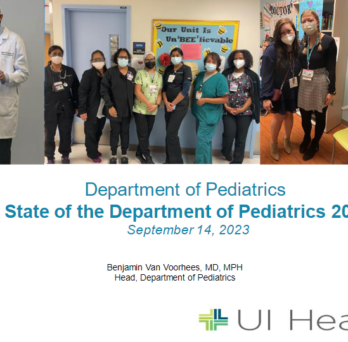We are dedicated to providing comprehensive family-centered health care to all children, multi-level professional education to students, physicians and allied health care workers in all aspects of pediatrics, and a voice of advocacy for children of the state of Illinois. We are also actively engaged in the community to improve the health status of children through preventative and educational efforts, and to lead with basic and clinical research into childhood diseases to move the field of pediatrics forward. Our diverse medical teams bring the world’s latest advancements to patient care, research, and teaching.
Message from the Head Heading link
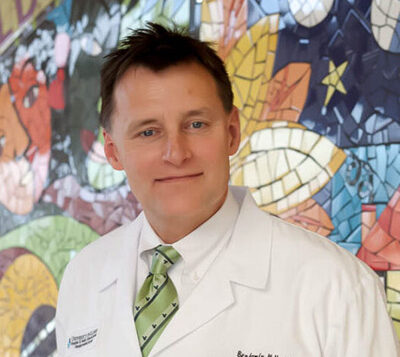
As Department Head of Pediatrics, I’d like to welcome you to our website. I hope you’ll take a few minutes to read further about innovative programs that are moving forward a charge that is very important to me and my colleagues – a charge to advance the health and well-being of children in Chicago through innovative programs. I look forward to working with all members of our extensive community as we strengthen our foundation and commitment to effective, compassionate, and accessible healthcare for all of Chicago’s children.
Benjamin W. Van Voorhees, MD, MPH
George R. Honig, MD, PhD, Endowed Professor in Pediatrics
Head, Department of Pediatrics
Physician-in-Chief, Children’s Hospital, University of Illinois
Education Heading link
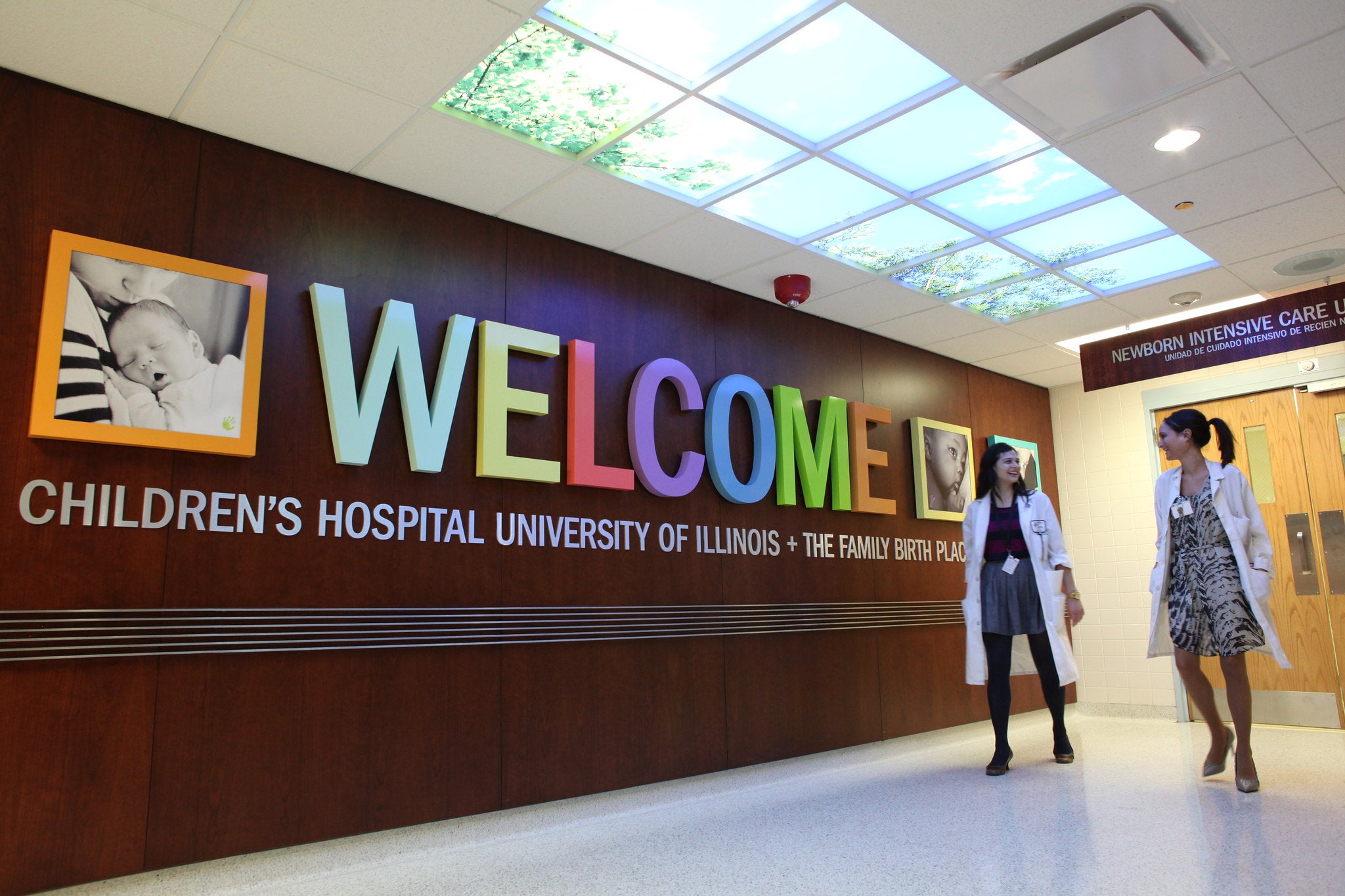
The Department of Pediatrics offers two residencies.
The Department of Pediatrics offers four fellowships.
Programs
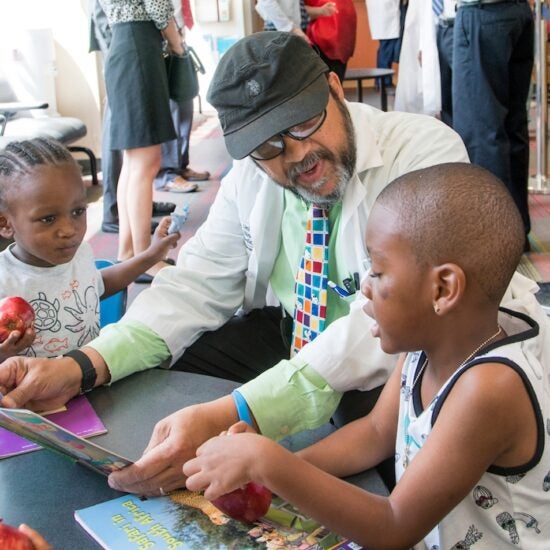
Summer Scholars Heading link
The Summer Scholars program and related Summer Research Fellowship are opportunities for funded research mentorship during the summer months. All students working for Pediatric faculty are invited to participate and all faculty in the Department have the opportunity to participate as mentors.
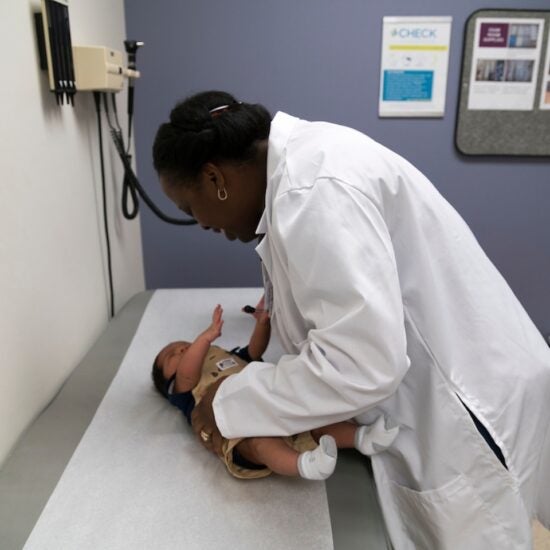
Patient Care Heading link
Find out what services we offer to the public, and where to access those services.
